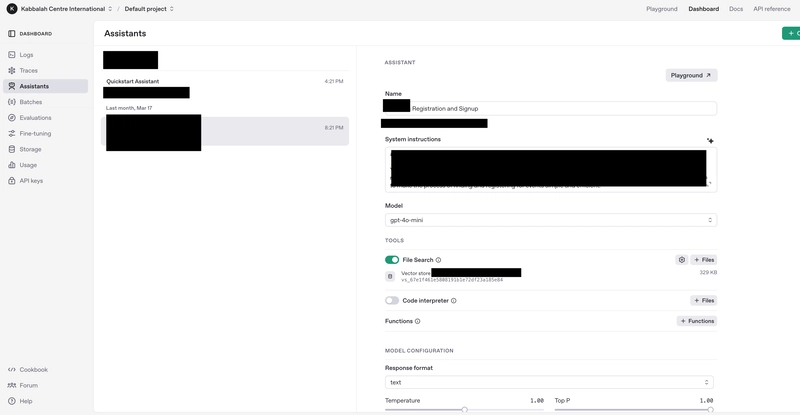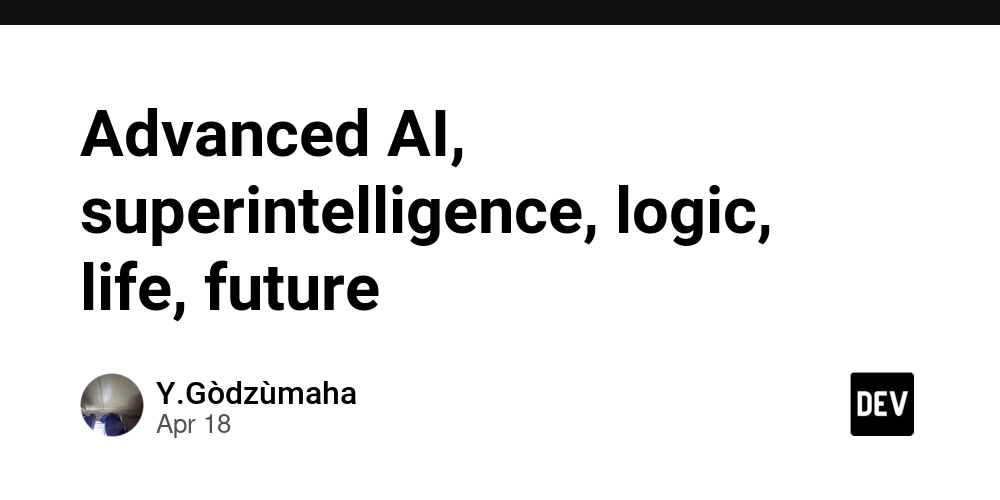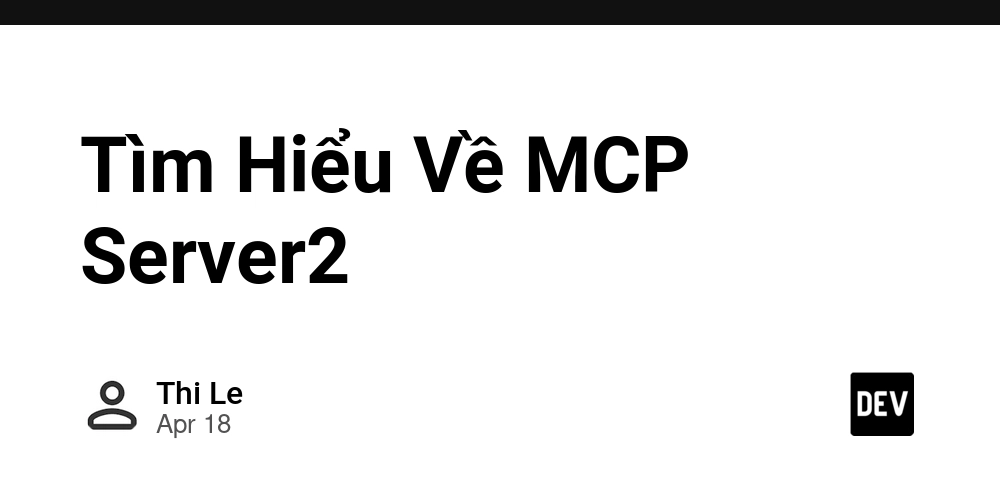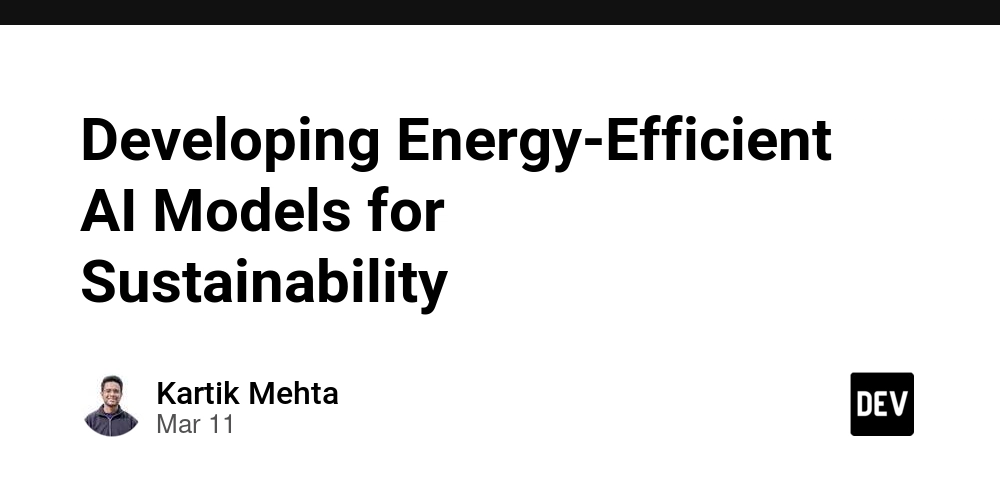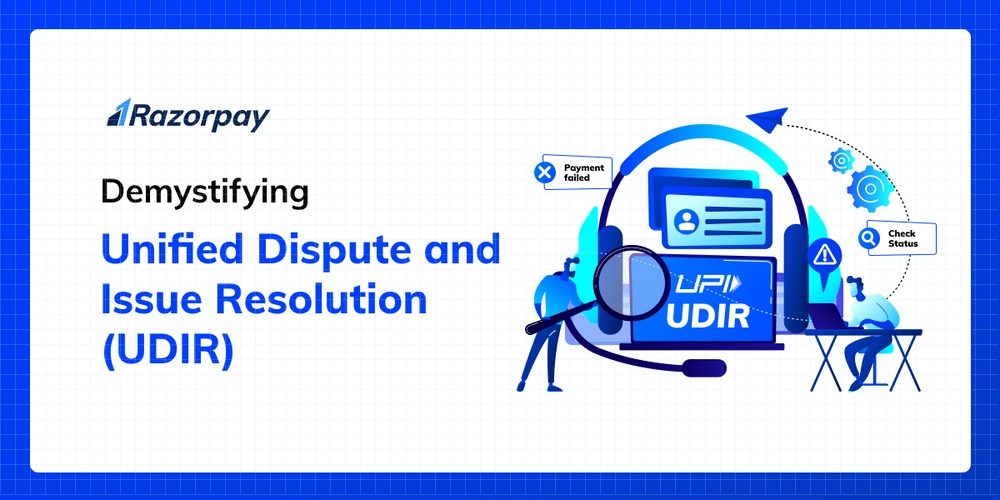How Event Planning Apps Make Organizing Your Next Big Event Easier Than Ever
Planning a successful event—whether it’s a corporate conference, music festival, trade show, or private celebration—requires juggling countless tasks, people, and moving parts. From managing guest lists and coordinating vendors to tracking budgets and promoting the event, the process can be overwhelming without the right tools. Enter event planning apps: your all-in-one solution to streamline operations, improve collaboration, and keep everything organized from start to finish. These digital tools are transforming how events are planned and executed, making the experience smoother and more efficient for organizers and attendees alike. Here’s a deep dive into how event planning apps can simplify your next big event. 1. Centralized Planning Hub One of the biggest benefits of an event planning app is that it brings all your planning tools under one roof. Instead of bouncing between spreadsheets, email threads, and physical notebooks, you can manage your entire event from a single dashboard. You can: Build and edit schedules Assign tasks to team members Track deadlines and milestones Monitor budgets and expenses This centralized approach minimizes confusion, reduces the chances of tasks slipping through the cracks, and ensures everyone is on the same page. 2. Real-Time Collaboration and Communication Event planning is rarely a solo effort. Whether you're working with vendors, volunteers, speakers, or co-organizers, clear communication is essential. Event planning apps often include real-time chat, file sharing, and comment threads to keep the whole team connected. Need to adjust the floor plan? Share the new layout instantly with your venue coordinator. Last-minute speaker change? Notify your entire team with a single message. These collaboration tools help prevent miscommunication and last-minute surprises. 3. Easy Guest Management Managing your guest list manually can be a nightmare—especially when dealing with hundreds or even thousands of attendees. Event planning apps make guest management a breeze with features like: Online RSVPs and registration Attendee check-in and badge scanning Automated confirmations and reminders Meal preferences and accessibility needs tracking Some apps also sync with CRM tools, allowing you to segment attendees by type (VIPs, sponsors, media, etc.) and personalize communications. This leads to a smoother experience for your guests and less stress for your team. 4. Automated Scheduling and Task Management Creating an event schedule is one thing—sticking to it is another. With an event planning app, you can break down your entire event timeline into manageable tasks and assign them to the appropriate team members. Built-in calendars and task lists allow you to: Set deadlines Receive reminders Monitor task progress Avoid overlaps or missed deadlines This keeps everyone accountable and helps ensure every detail is handled on time. 5. Budget Tracking and Expense Management Budget overruns are one of the biggest risks in event planning. Event planning apps help you stay in control by offering real-time budget tracking. You can set spending limits, log expenses, categorize costs, and compare projected vs. actual spending. Some apps even generate financial reports, giving you insight into where your money is going and helping you make better budgeting decisions for future events. 6. Customizable Templates and Tools Most event planning apps come with pre-built templates for checklists, schedules, budgets, and more. These templates save time and provide a helpful framework—especially if you're planning an event type you're less familiar with. From weddings to product launches, you can start with a proven structure and customize it to fit your specific goals, audience, and branding. 7. Seamless Integration with Other Platforms Good event planning apps play nicely with other tools. Whether it's integrating with ticketing platforms, email marketing software, calendar apps, or social media, these integrations reduce manual entry and keep all your data synchronized. For example, you could connect your app to Eventbrite for ticketing, Mailchimp for newsletters, and Google Calendar for team availability—all in one workflow. 8. Improved Promotion and Engagement Some event planning apps include built-in marketing tools to help you spread the word and boost engagement. Features may include: Email invitation templates Social media sharing tools Countdown timers Event landing page creation The easier it is to promote your event and manage RSVPs, the higher your chances of a successful turnout. Plus, some apps even include attendee engagement tools like live polls, Q&A sessions, and feedback forms. 9. Real-Time Analytics and Reporting Want to know how your event is performing at any given moment? Event planning apps provide real-time analytics on ticket sales, registratio
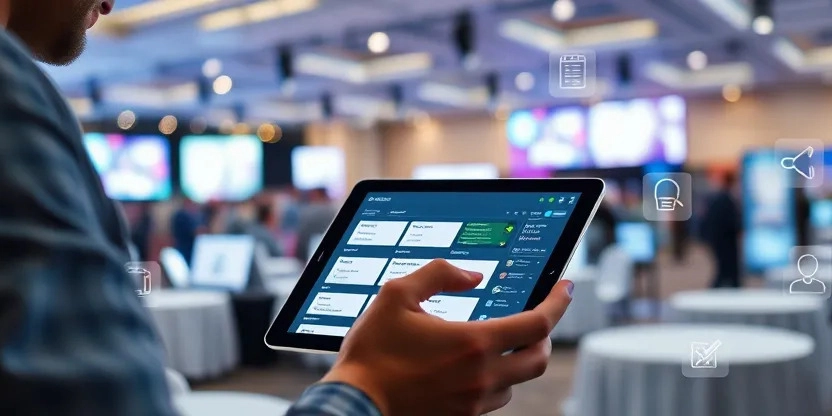
Planning a successful event—whether it’s a corporate conference, music festival, trade show, or private celebration—requires juggling countless tasks, people, and moving parts. From managing guest lists and coordinating vendors to tracking budgets and promoting the event, the process can be overwhelming without the right tools.
Enter event planning apps: your all-in-one solution to streamline operations, improve collaboration, and keep everything organized from start to finish. These digital tools are transforming how events are planned and executed, making the experience smoother and more efficient for organizers and attendees alike.
Here’s a deep dive into how event planning apps can simplify your next big event.
1. Centralized Planning Hub
One of the biggest benefits of an event planning app is that it brings all your planning tools under one roof. Instead of bouncing between spreadsheets, email threads, and physical notebooks, you can manage your entire event from a single dashboard.
You can:
- Build and edit schedules
- Assign tasks to team members
- Track deadlines and milestones
- Monitor budgets and expenses
This centralized approach minimizes confusion, reduces the chances of tasks slipping through the cracks, and ensures everyone is on the same page.
2. Real-Time Collaboration and Communication
Event planning is rarely a solo effort. Whether you're working with vendors, volunteers, speakers, or co-organizers, clear communication is essential. Event planning apps often include real-time chat, file sharing, and comment threads to keep the whole team connected.
Need to adjust the floor plan? Share the new layout instantly with your venue coordinator. Last-minute speaker change? Notify your entire team with a single message. These collaboration tools help prevent miscommunication and last-minute surprises.
3. Easy Guest Management
Managing your guest list manually can be a nightmare—especially when dealing with hundreds or even thousands of attendees. Event planning apps make guest management a breeze with features like:
- Online RSVPs and registration
- Attendee check-in and badge scanning
- Automated confirmations and reminders
- Meal preferences and accessibility needs tracking
Some apps also sync with CRM tools, allowing you to segment attendees by type (VIPs, sponsors, media, etc.) and personalize communications. This leads to a smoother experience for your guests and less stress for your team.
4. Automated Scheduling and Task Management
Creating an event schedule is one thing—sticking to it is another. With an event planning app, you can break down your entire event timeline into manageable tasks and assign them to the appropriate team members.
Built-in calendars and task lists allow you to:
- Set deadlines
- Receive reminders
- Monitor task progress
- Avoid overlaps or missed deadlines
This keeps everyone accountable and helps ensure every detail is handled on time.
5. Budget Tracking and Expense Management
Budget overruns are one of the biggest risks in event planning. Event planning apps help you stay in control by offering real-time budget tracking. You can set spending limits, log expenses, categorize costs, and compare projected vs. actual spending.
Some apps even generate financial reports, giving you insight into where your money is going and helping you make better budgeting decisions for future events.
6. Customizable Templates and Tools
Most event planning apps come with pre-built templates for checklists, schedules, budgets, and more. These templates save time and provide a helpful framework—especially if you're planning an event type you're less familiar with.
From weddings to product launches, you can start with a proven structure and customize it to fit your specific goals, audience, and branding.
7. Seamless Integration with Other Platforms
Good event planning apps play nicely with other tools. Whether it's integrating with ticketing platforms, email marketing software, calendar apps, or social media, these integrations reduce manual entry and keep all your data synchronized.
For example, you could connect your app to Eventbrite for ticketing, Mailchimp for newsletters, and Google Calendar for team availability—all in one workflow.
8. Improved Promotion and Engagement
Some event planning apps include built-in marketing tools to help you spread the word and boost engagement. Features may include:
- Email invitation templates
- Social media sharing tools
- Countdown timers
- Event landing page creation
The easier it is to promote your event and manage RSVPs, the higher your chances of a successful turnout. Plus, some apps even include attendee engagement tools like live polls, Q&A sessions, and feedback forms.
9. Real-Time Analytics and Reporting
Want to know how your event is performing at any given moment? Event planning apps provide real-time analytics on ticket sales, registrations, engagement rates, budget health, and more.
This data helps you pivot quickly if something isn't working and gives you a clear picture of what to improve for next time. Post-event reports also make it easier to demonstrate ROI to stakeholders or sponsors.
10. On-the-Go Access via Mobile
Events don’t wait for you to get back to your laptop. Fortunately, most modern event planning apps offer full mobile functionality. Whether you’re on the event floor or stuck in traffic, you can manage your event, message team members, and make updates from your phone or tablet.
Having your entire event operation in your pocket brings unmatched convenience and agility.
Final Thoughts
In a world where time, accuracy, and organization are critical to event success, event planning apps have become essential tools. They cut through the chaos, reduce stress, and allow you to focus on what really matters—creating an incredible experience for your attendees.
From streamlining communication and automating tasks to tracking budgets and analyzing performance, event planning apps make every step of the planning process easier and more efficient. If you’re gearing up for your next big event, investing in the right app could be the smartest move you make.





















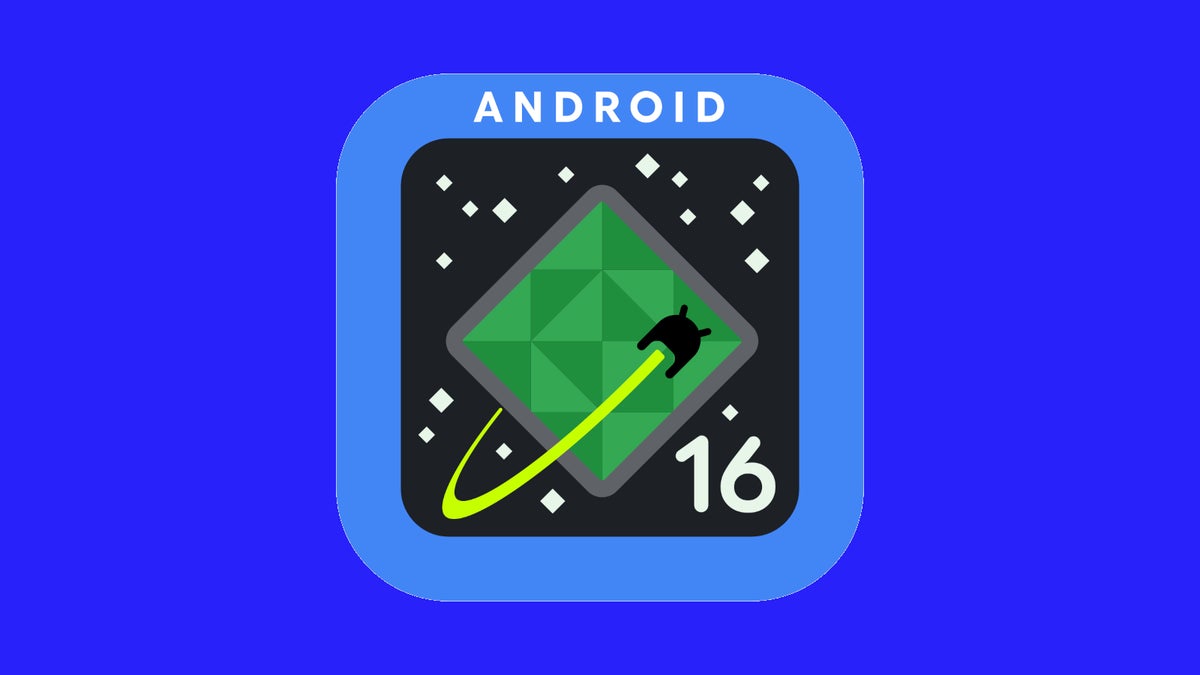
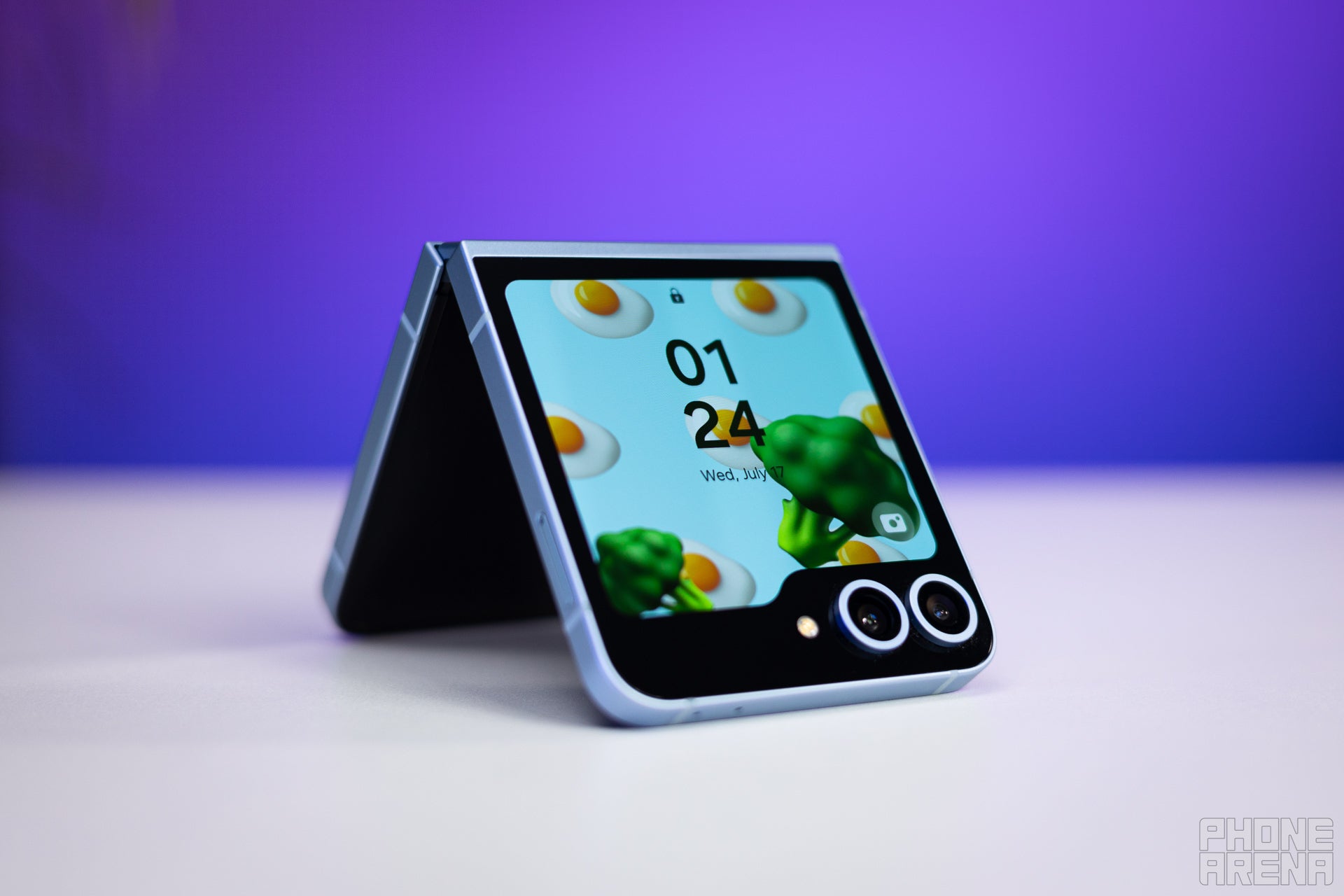
































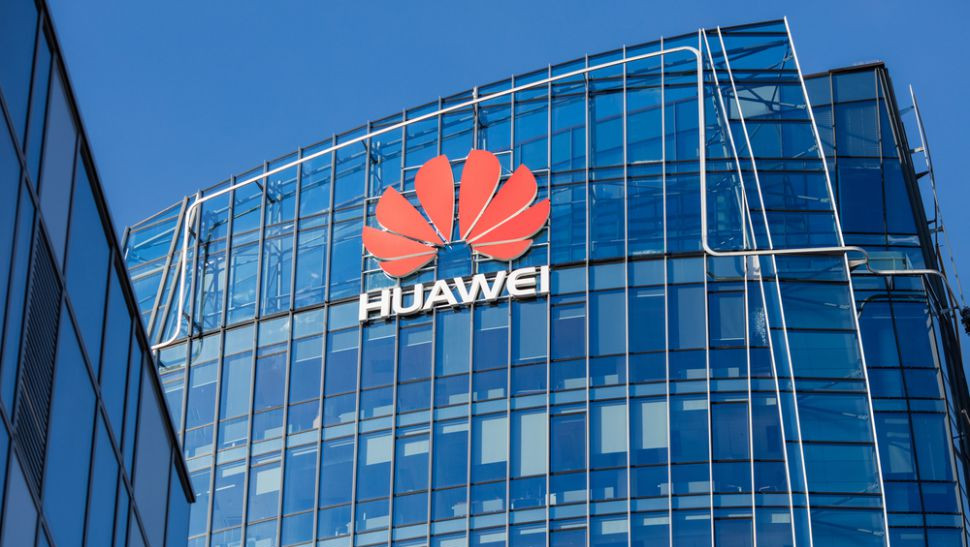











![Apple Watch Series 10 Back On Sale for $299! [Lowest Price Ever]](https://www.iclarified.com/images/news/96657/96657/96657-640.jpg)
![Apple Slips to Fifth in China's Smartphone Market with 9% Decline [Report]](https://www.iclarified.com/images/news/97065/97065/97065-640.jpg)
![EU Postpones Apple App Store Fines Amid Tariff Negotiations [Report]](https://www.iclarified.com/images/news/97068/97068/97068-640.jpg)



















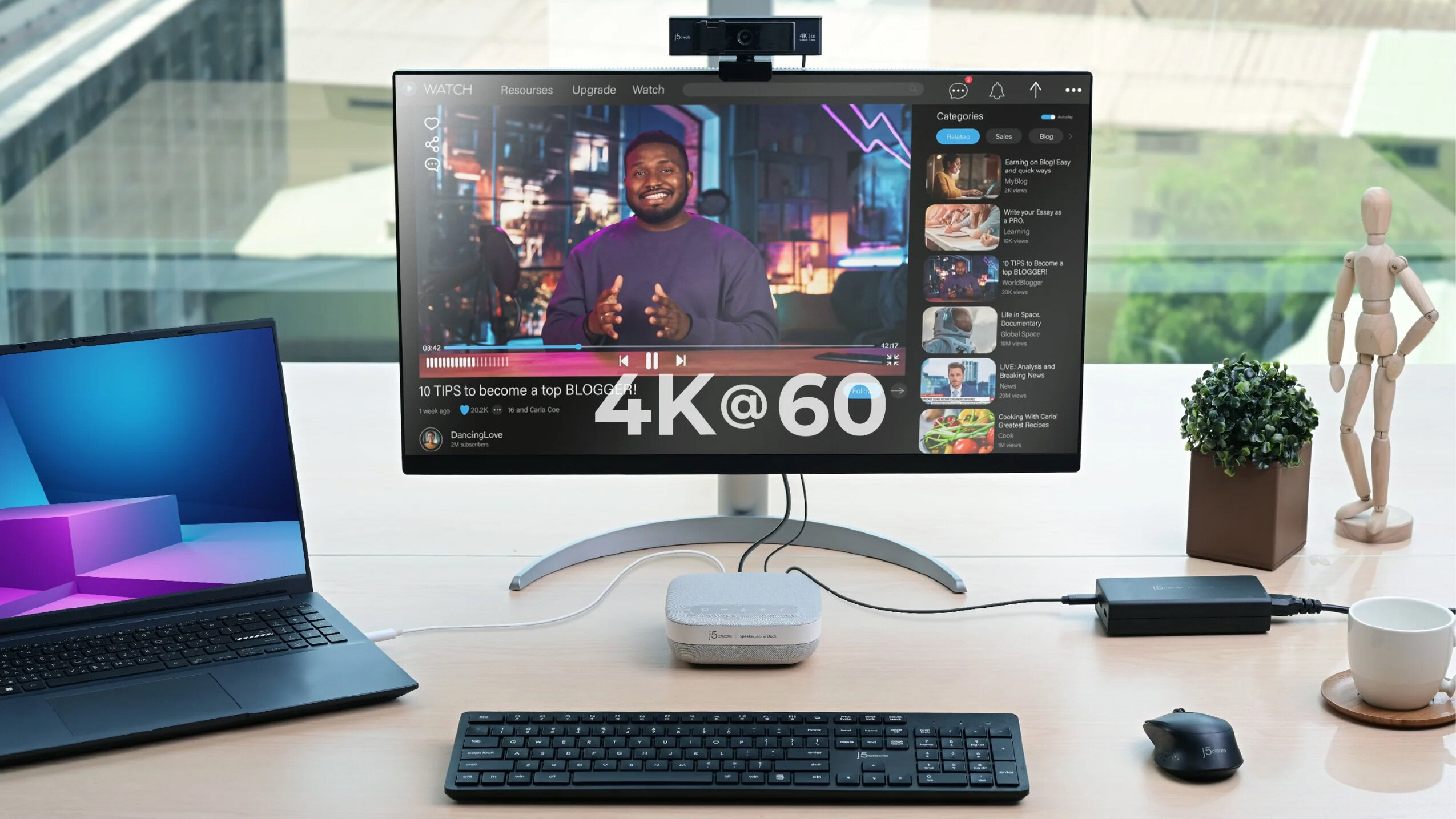


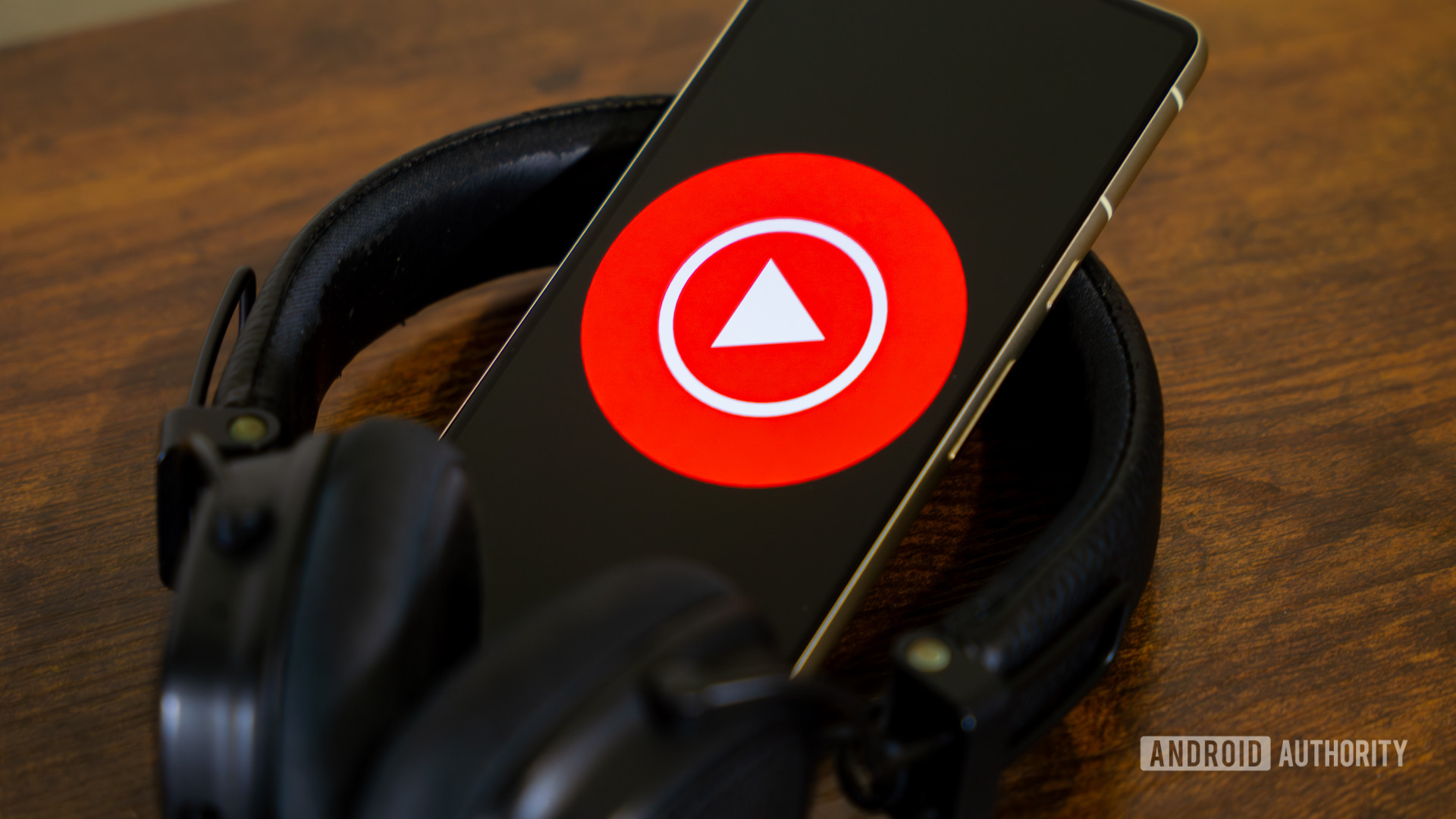



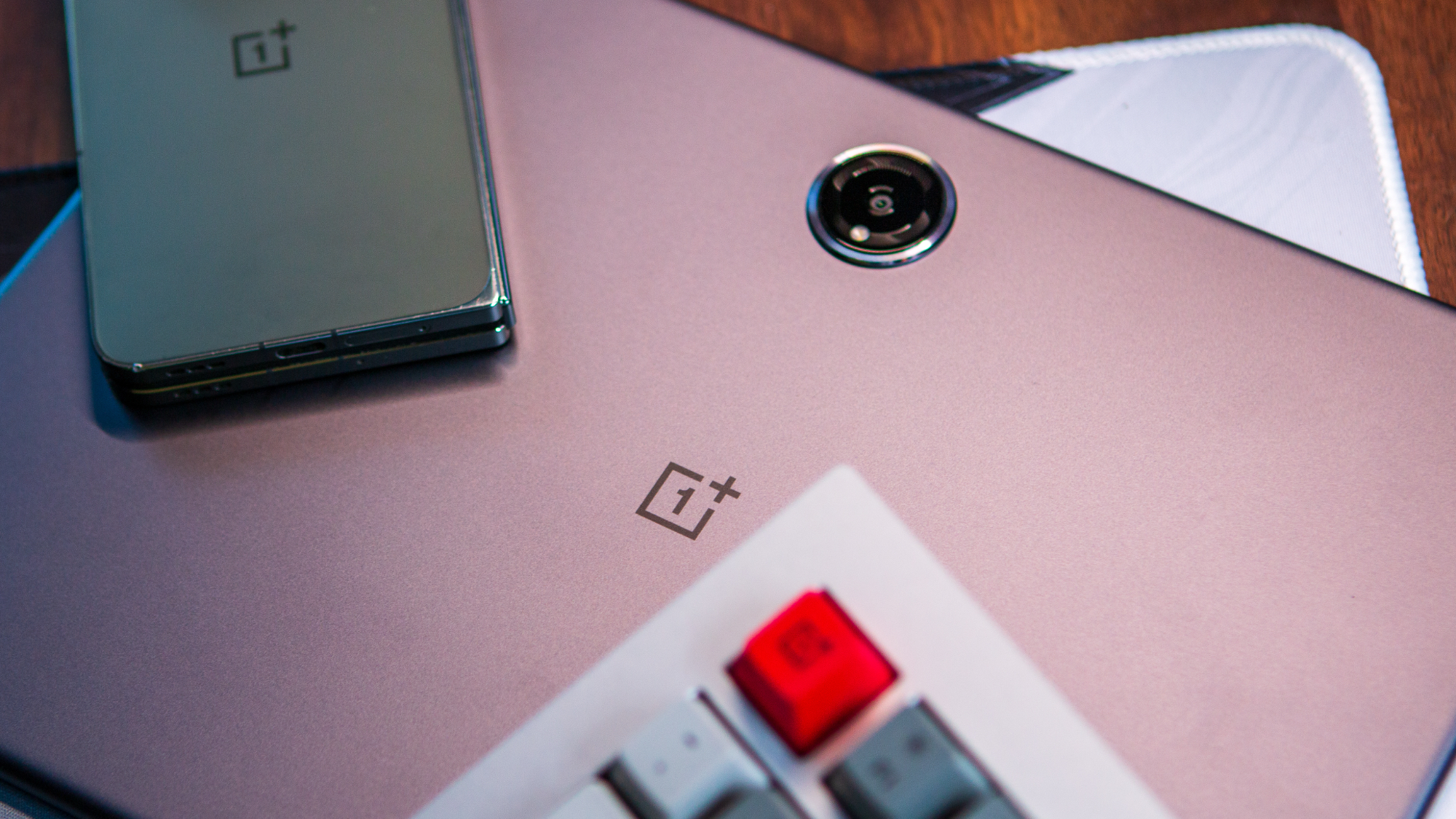




















































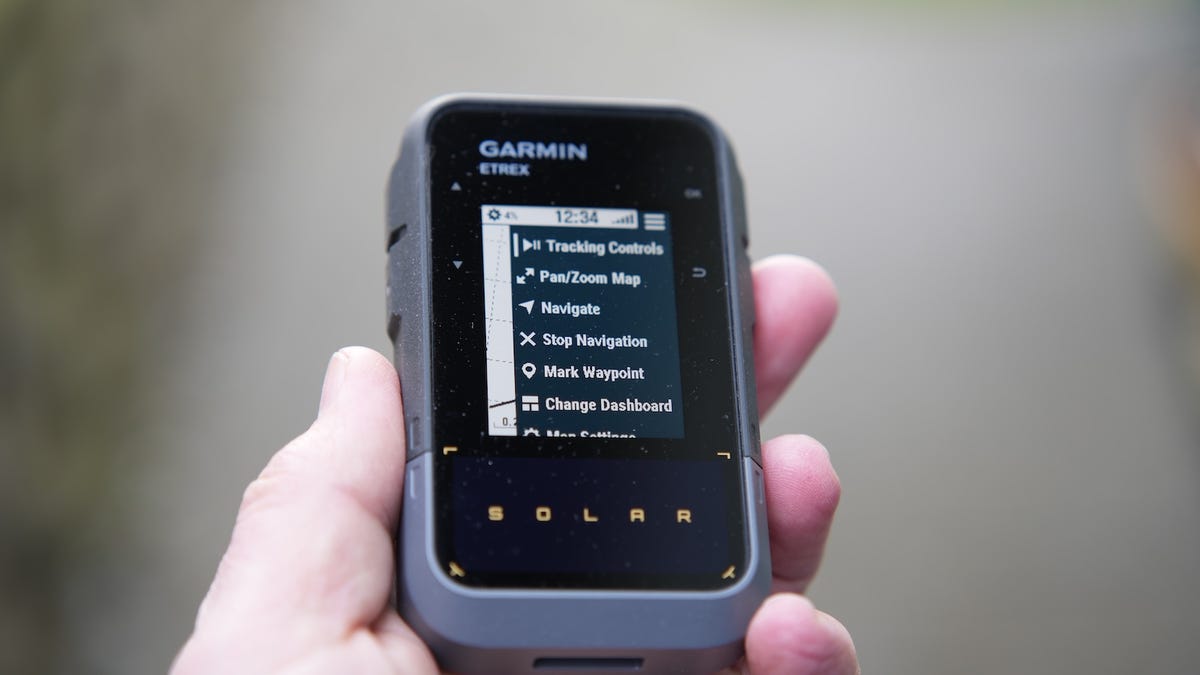
























_Andreas_Prott_Alamy.jpg?width=1280&auto=webp&quality=80&disable=upscale#)






















































































![[The AI Show Episode 144]: ChatGPT’s New Memory, Shopify CEO’s Leaked “AI First” Memo, Google Cloud Next Releases, o3 and o4-mini Coming Soon & Llama 4’s Rocky Launch](https://www.marketingaiinstitute.com/hubfs/ep%20144%20cover.png)




























































































